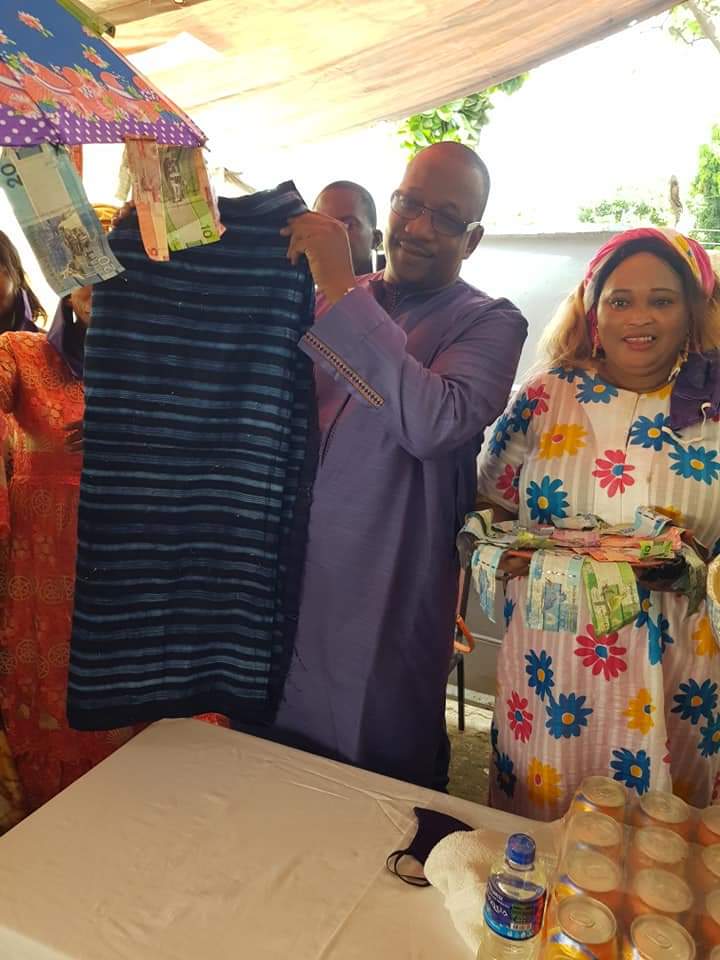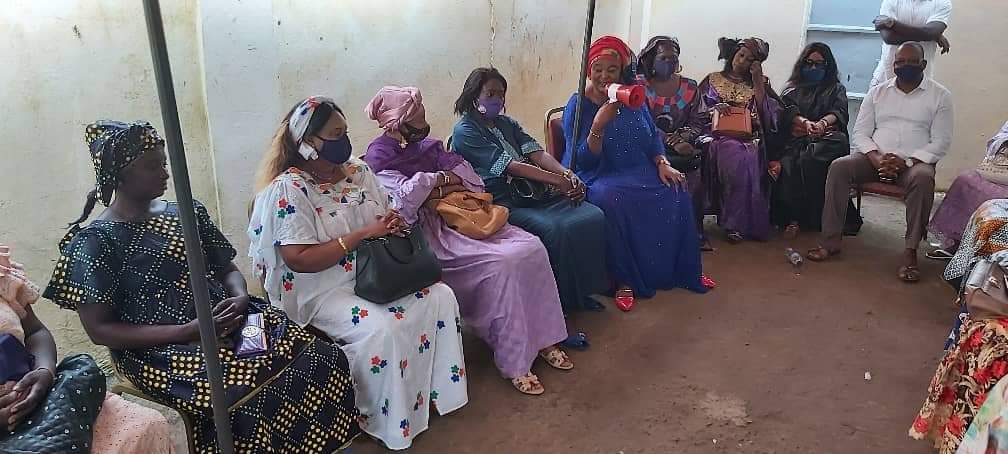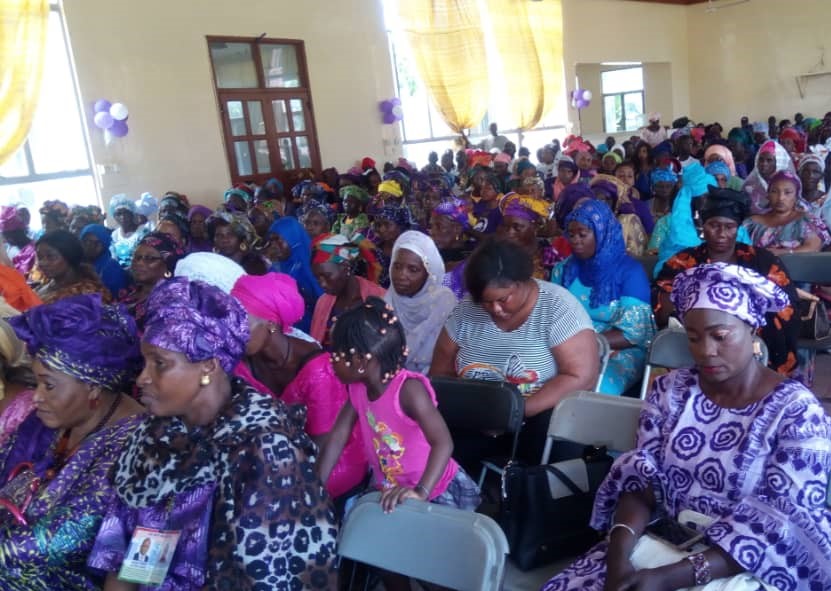Women play an important role in the economic and social well-being of the Gambian society. Outside the raining season, they are the source of livelihood for some households by generating income through gardening and petty trading as well as work in the formal sectors of the economy. Agriculture accounts for about 30% of the GDP of the Gambia of which the livestock sub-sector contributes about 9%. The agricultural sector employs about 75% of the rural population, out of which 78% are working women characterised by low income and poor living conditions. In addition, Gambian domestic household activities such as cooking, washing and other hygienic activities are mainly performed by women of all ages. Therefore, the role of women should be recognised and celebrated.
Hence, the GDC party decided to create National Women Wing in order to understand further, the needs and aspirations of women in the Gambia to empower them. Moreover, in a bid to transcend the Gambia, and the party beyond masculine domination, feminine voices and representation is central to balance the gender gap.
As a demonstration of the party’s doctrine and social democratic values, the functions of the women’s wing are as follows:
- Work toward reducing gender inequality in all areas including girls’ education, opportunities for employment, pay and other social issues.
- Coordinate programs and activities aimed at the mobilization of women membership, support and participation.
- Assist the National Executive Committee in the formulation and implementation of policies, programmes and operations relating to women affairs.
- Coordinate women’s participation in all activities of the party, and to facilitate the creation of channels for networking as well as opportunities for women empowerment and development across all sectors.
- Work closely with the Women’s Bureau in order to identify areas and issues concerning women in the Gambia in order to find avenues of addressing them.
- Any other matter that relates to the plight of Gambian women and the girl child.
The Women Wing Committee:
- President – Ramatoulie Sanneh
- National Women Mobilizer – Remmy Jagne
- Assistant Women Mobilizer – Ndumbeh Ceesay
- Secretary – Hon Abba Jallow
- Assistant Secretary – Ndumbeh Sallah
- Public Relations Officer PRO – Aji Beran Mbenga
- Assistant PROs – Kadijatou Bah, Yassin Kebbeh, Ya Neneh
- Head of Logistic – Aunty Betty Mbaye
- Treasurer – Ida Faye
- Auditor – Aji Bah
- Desk Officer – Haddy Joof
- Advisers – Oumie Jobe, Isatou Bah, Aji Mahany Jallow
The Gambia has made some progress in advancing the rights and participation of women in the economic and social activities over the past decades. More women have been elected to political office, more girls are enrolled in the basic and higher education. Yet, the majority of women are on low a income with difficult working patterns and conditions despite being a source of livelihood for some families. Similarly, the completion rate for girls is much lower than boys at the higher education level, which is a clear demonstration of some dropouts along the education channel. The Gambia has huge potential to lead the way to improve the quality of life of women.
A GDC government will be committed to advancing and promoting women’s economic, social and political empowerment, prosperity and gender equality. The GDC believes that inclusive economic growth cannot happen without the full participation of women in all activities, including education, employment, entrepreneurship, transportation and infrastructure, and access to goods and services and other resources.
Policy Objectives:
Below are the policy objectives to guide our efforts:
- Women will be empowered to participate fully in the economy with equal access to key resources and services, such as capital, credit, land, productive inputs, and knowledge of financial management and formal banking. This includes the provision of training and skills to fully utilize their potential in the use of the nation’s resources and services.
- Women will be empowered to participate in sustainable development through training and development in relevant areas. We will work with women business-owners and leaders, community leaders to identify and support initiatives that improve their quality of life.
- Work with community elders and education institutions to enlighten and reduce violence against women, including forced marriage, sexual harassment, and any other form of violence against women whether physical or mental.
- Work towards knowledge and community enlightenment to introduce best practices or eliminate traditional practices inconsistent with our religious practices and universal principles.
Policy Implementation Strategy:
The implementation of the above policy objectives will involve action framework which requires but not limited to the following:
- Legislation and regulations in line with the constitution to empower women as set out in the policy objectives.
- Legislation and clear procedures in line with the constitution to punish the forms of violence against women highlighted in the policy objectives.
- Legislate the creation of women’s national development funds to assist in the implementation of programs concerning women. This may require strengthening the women’s bureau in order to make its implementation processes effective.
- Establish a capacity building and skill development centres to enable the population, especially those without formal education to develop their knowledge and skills in specific areas to enable them participate in economic, political and social activities, including the ability to start and scale-up their own businesses. A GDC government will continue to provide technical assistance and capacity building in the public sector and civil society to increase women’s enlightenment and empowerment.
- We will provide equal access to participation and decision making of women in social, political and economic life of the nation.
- Equal access to health care, quality education at all levels, career and vocational guidance, employment, equal remuneration, occupational health and safety and public office etc.
- Changing societal attitudes and community practices through education, knowledge generation and enlightenment about the need to improve the way things are done.




